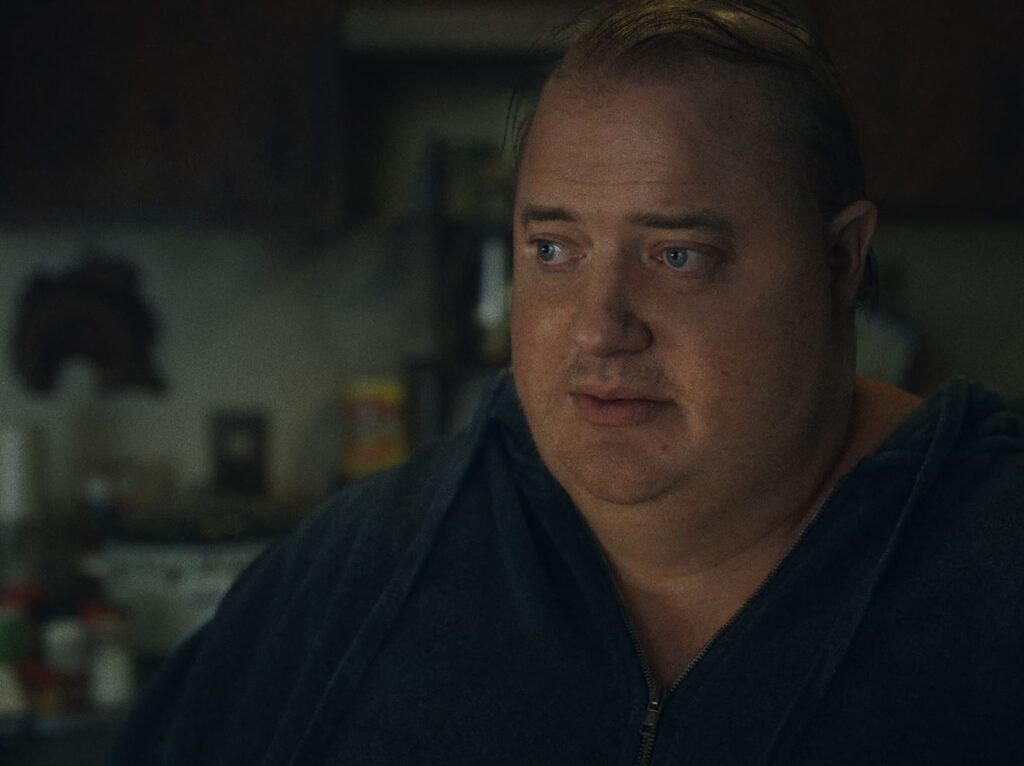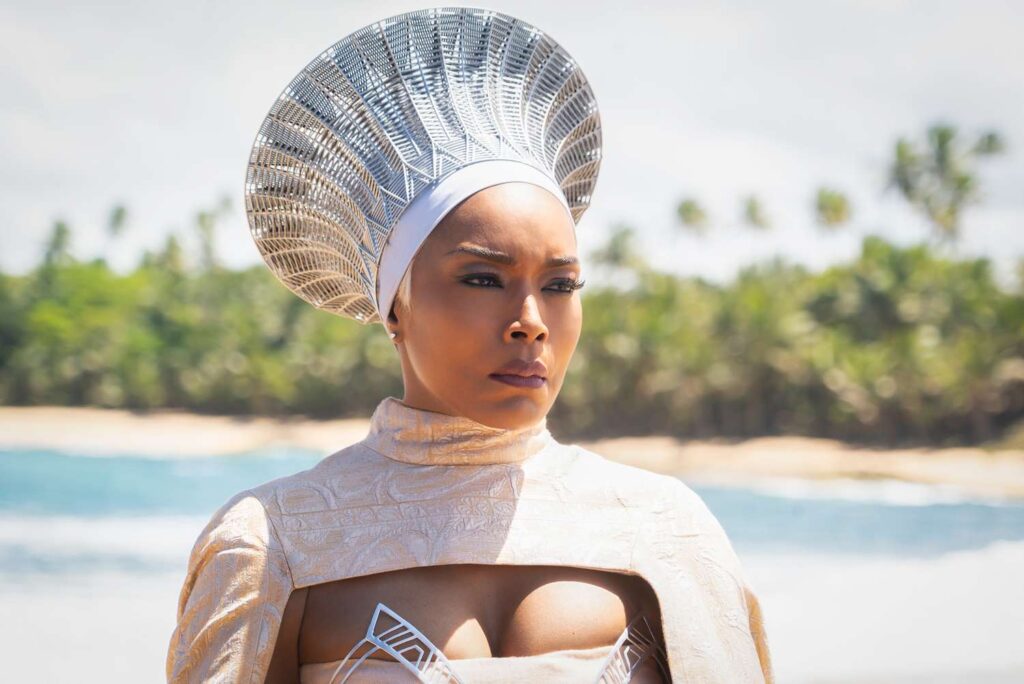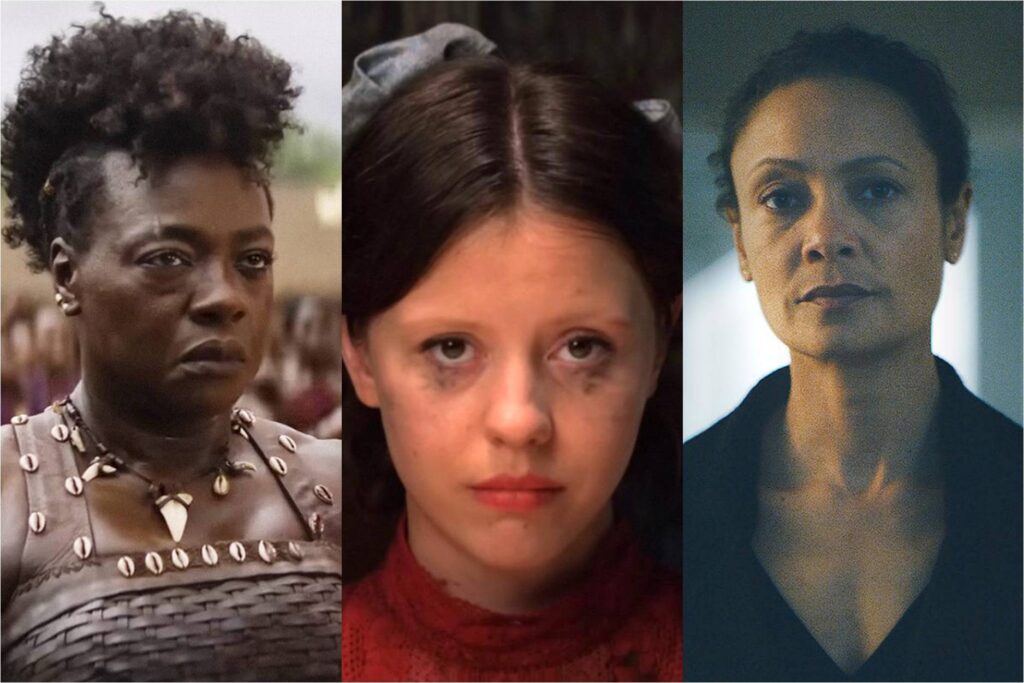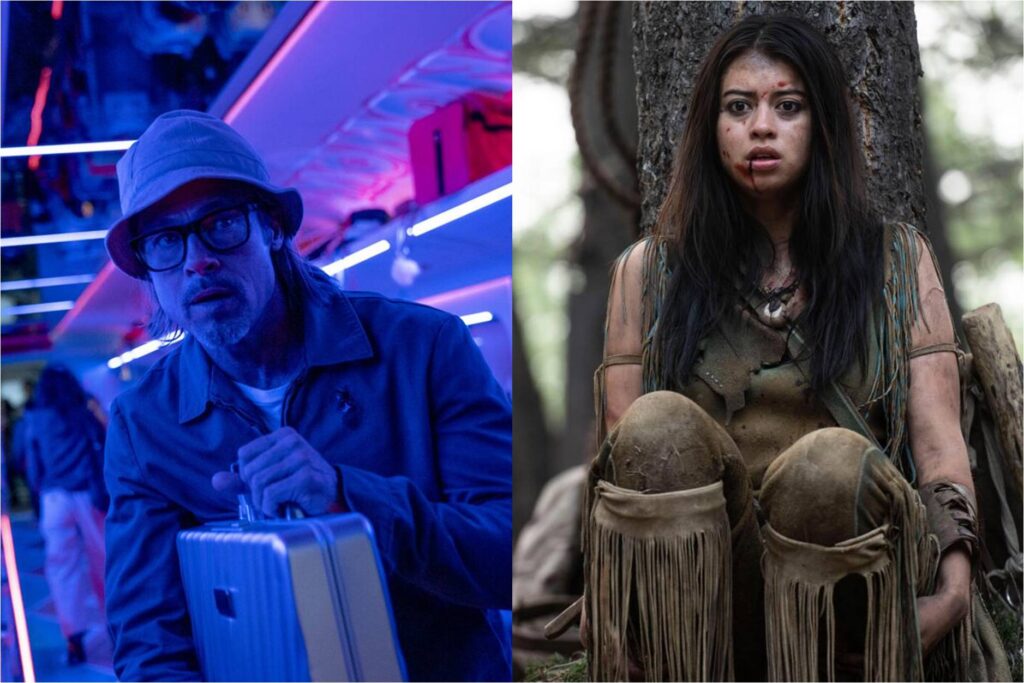The Whale: Fat’s All, Folks

The first time we see Charlie, the protagonist of Darren Aronofsky’s The Whale, he’s masturbating to pornography on his couch. You might think that such a recreational pursuit would grant him enjoyment, but Aronofsky stages the scene with sober, funereal gloom. The lighting, by the cinematographer Matthew Libatique, is dark and muted; the music, by Rob Simonsen, is swollen and sinister. Charlie’s breathing is ragged, and the intensity of his effort presumably stems from his weight—a gargantuan 600 pounds. His obesity, we instantly realize, has plunged him into deep despair, such that even a ritual of pleasure has become a labor of misery.
Aronofsky is no stranger to depicting anguish, and Charlie shares with the director’s other heroes—the feverish addicts of Requiem for a Dream, the haunted dancer of Black Swan, the panicked housewife of mother!—an essential helplessness. Typically, Aronofsky amplifies this level of torment by wielding his own restless energy and rambunctious filmmaking imagination, but The Whale requires a more restrained approach. Based on a play by Samuel D. Hunter (who also wrote the screenplay), it’s an intimate chamber drama, set in a single location (Charlie’s Idaho home) and featuring minimal action or excitement. Read More




